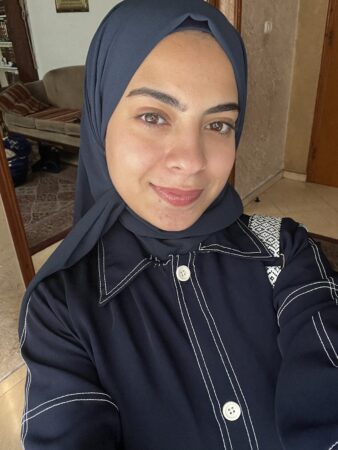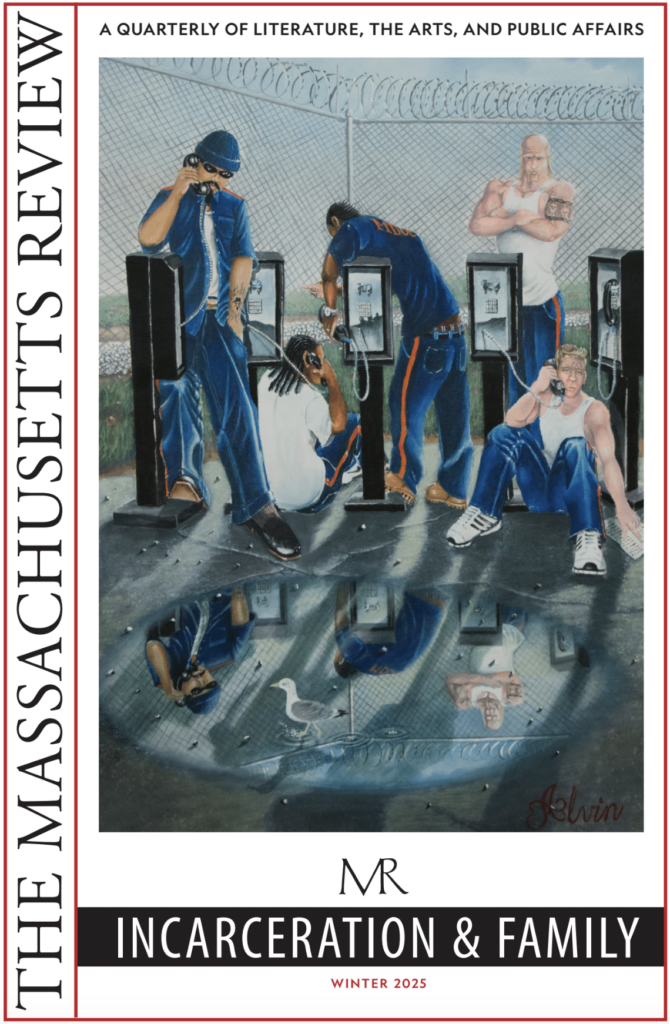Al-Baqa Café

What if I were there? That one question is chasing me like the ticking of a clock. Gazans are getting killed in their homes, mosques, churches, streets – even on the beach. Even the cup of coffee, family gatherings, love, and laughter by the waves, all become targeted by Israel in a cold blood. And this place almost became my grave.
On June 30, the Israeli occupation targeted Al-Baqa Café in western Gaza City.
Al-Baqa is more than a café. It is more than a place to rest. It became a home and refuge for hundreds of civilians escaping from the atmosphere of war. As internet access has become harder and harder to find in Gaza, the café was a common gathering place where people could work — writers and journalists would come together here.
The café’s look was vintage, with wood tables and chairs and wood floor — a comfortable space that longed to reach the shoreline. Wooden columns seemed to touch the water. The atmosphere there was so warm, you could breathe it, deepened by hundreds of memories. I would go on weekends, with my mother, my aunts, and my cousins. Families would come for the view of Gaza’s beach.
Looking back, did we have a gut feeling we would not be able to return?
A few weeks ago, my closest friend Huda and I planned to visit the Al-Baqa. We were extremely happy that we would have a short time away from news and genocide. We arranged the hour, the day, and even the colors of our clothes.
We couldn’t wait to come to breathe fresh air by the sea. We decided not to talk about politics or rockets — we just wanted to talk about our goals, future plans, and our next steps and endeavors if war ended, or just sit and watch the waves.
Our imaginations were turned to nightmare and dark dreams.
Samer Al-Baqa, the founder of Al-Baqa café, was killed in that terrible attack. I spent my day scrolling through images of the destroyed café. I could have been sitting at that table full of bloodstains. I felt so close to death. This fear still grips me, as the first days of this genocide did.
We have so few moments when we can take a breath away from the war in Gaza. And now, I could not look away from the heartbreaking pictures that were posted and followed on social media. An older man was sitting on the ground with tired eyes, and his wife was martyred beside him. That one photo shattered my heart into fragments.
Why is Israel trying to make our lives meaningless? Would a table of coffee be so dangerous for them — or the way to make happiness despite everything that we are living through?
Dozens of civilians were martyred along with two journalists: Ismail abu Hatab and Omar Zaino. A talented artist Amna Al‑Salmi was killed. Martyrs are not just a number for the death toll. Each martyr had a life, family, hopes. Each had absolutely had waited for the ceasefire as everyone in Gaza does.
Israel killed them brutally. Maybe they were working on something or uploading photos on social media. Maybe they were just taking a quiet interlude in the endless war routine.
The Israeli rockets fired on Al-Baqa killed two girls who were my classmates. Mona Jouda was 21. She and her friend Ragad were talking together, dreaming together. Before this day, they had lived through this war for a year and a half. And then they were gone.
I believe they went to the Café the way I would have with Huda, only to break the routine and wish a close end to this endless cycle of death. And they were destroyed in an instant by a rocket from a random Israeli soldier. My heart is so heavy for their souls and their hopes, and the loss of all they could have been — all they could have done in their lives.
Was it my pure luck to not be there? It could have been Huda and me. This is the most tragic aggression that I’ve ever witnessed, and it will remain stuck in my head for years.
The reality for us is that the world only pays attention to us when we die, when our bloody bodies appear in social media posts and readers start to feel sorry for our sorrow. People watch in silence around the world — they do nothing, say nothing, and Israel is continuing killing us with its powerful weapons, and no one is stopping them.
Even the most everyday moments in Gaza — gathering around the sea, lighting a birthday candle, sipping tea or coffee with loved ones — can be stolen in a second. Here, the simplest acts of living are shadowed by danger. In Gaza, to live is to resist, and even joy is seen as a threat.
SARA AWAD is a journalist, writer, and storyteller based in Gaza. Her work has been published on The Intercept, Al Jazeera English, The Independent, Truthout, PRISM, and other platforms. Passionate about capturing human experiences and shedding light on untold stories, she focuses on social issues, resilience, identity, and hope amid the ongoing realities of war and occupation.
X: https://x.com/Saraawad22
Facebook: https://www.facebook.com/sara.awad.99



